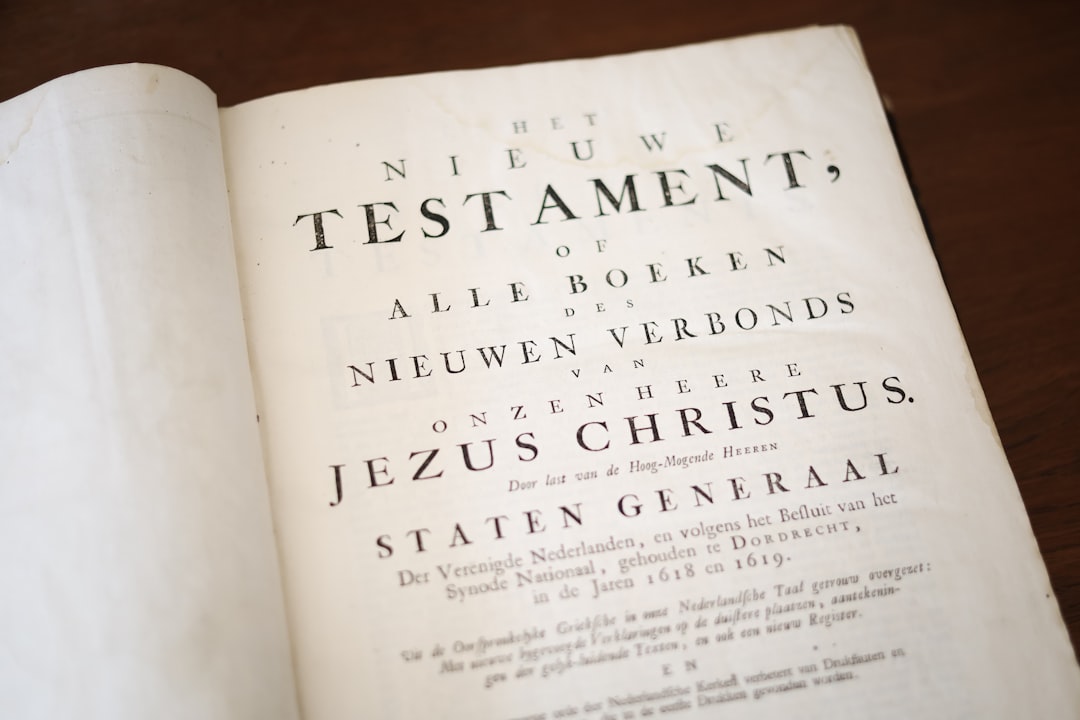What is it about?
Gezerah shawah, one of the classical interpretive methods used in Jewish legal works, connects two pentateuchal verses by comparing similar words or phrases which appear in each.This connection helps clarify an ambiguity in a Jewish law (Heb., halakhah) based on the Pentateuch (Torah). Not all similar words in the Pentateuch, however, are interpreted in this fashion. Here I explain the criteria of choice the early Jewish works of legal interpretation use in the creation of a gezerah shawah and the various forms this interpretive tool takes.
Featured Image
Why is it important?
This article shows that the early masters of the Jewish legal tradition were not capricious interpreters of the Torah at the earliest stages of the formation of Jewish law (halakhah). It also shows that as time went on, the tight rules forforming a gezerah shawah loosened to allow for broader development of halakhah. At a certain point this got out of hand and gezerah shawah-like interpretations could be used to undermine well-established Jewish law. At this point, the Sages put a number of limitations on the creation of the gezerah shawah, which are described in the article. A study of the tight rules for the formation of a gezerah shawah interpretation also indicates the concordance-like knowledge of the Torah that the early Jewish masters of law possessed.
Perspectives
For me the article came from curiousity about why some of the Jewish Sages' comparisons of words in the Torah were called "gezerah shawah" and others not. Studying those cases in which a legal interpretation based on a comparison of words in the Torah was called "gezerah shawah" showed that the words or phrases that were compared appeared only twice in the Pentateuch. Word or phrase comparisons that were not called "gezerah shawah" were based on words that appeared numerous times in the Torah. It was interesting to find that at times, especially when the gezerah shawah was used, Jewish law was derived directly from the Torah, which was used as a constitutional document. When non-gezerah shawah interpretations were used , however, the law most likely already existed and the interpretation was a support from the Torah but not derived from it. In short, Jewish law and Judaism are sometimes biblical, but more often they are the creation of the Sages. Nevertheless, the Sages did not feel that their Judaism could be considered authentic without some reference to the Torah.
Dr Michael Louis Chernick
Hebrew Union College-Jewish Institute of Religion
Read the Original
This page is a summary of: Internal Restraints on Gezerah Shawah's Application, The Jewish Quarterly Review, January 1990, JSTOR,
DOI: 10.2307/1454971.
You can read the full text:
Contributors
The following have contributed to this page










